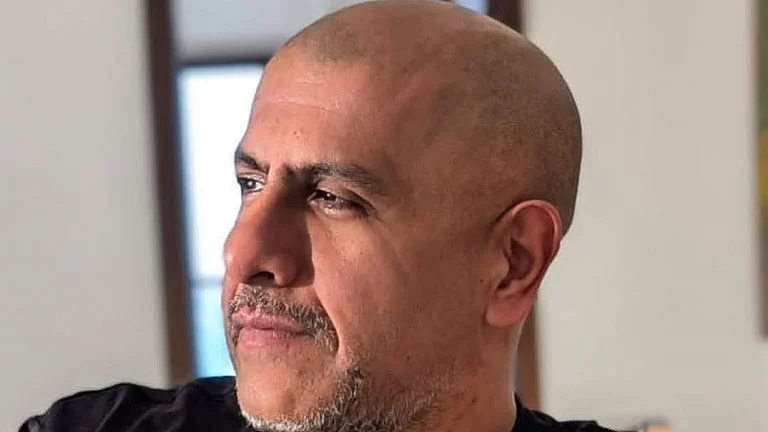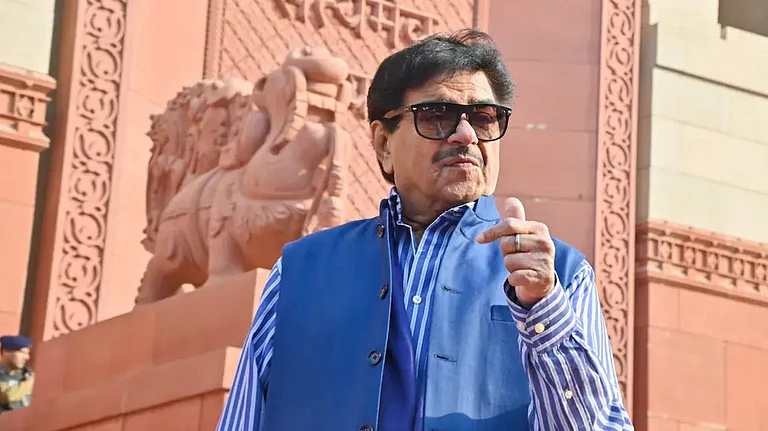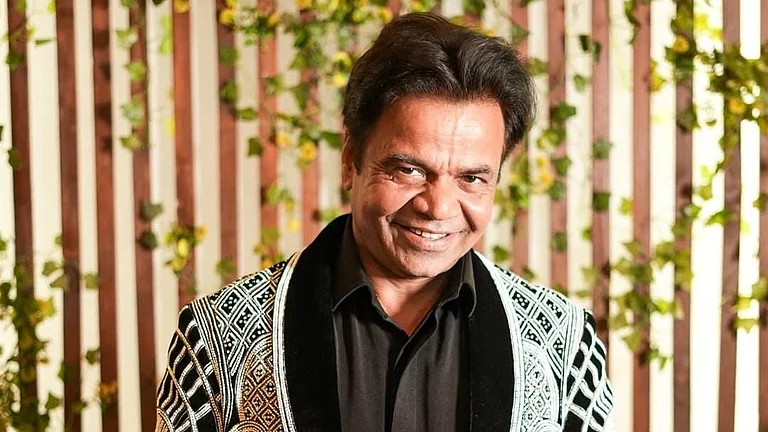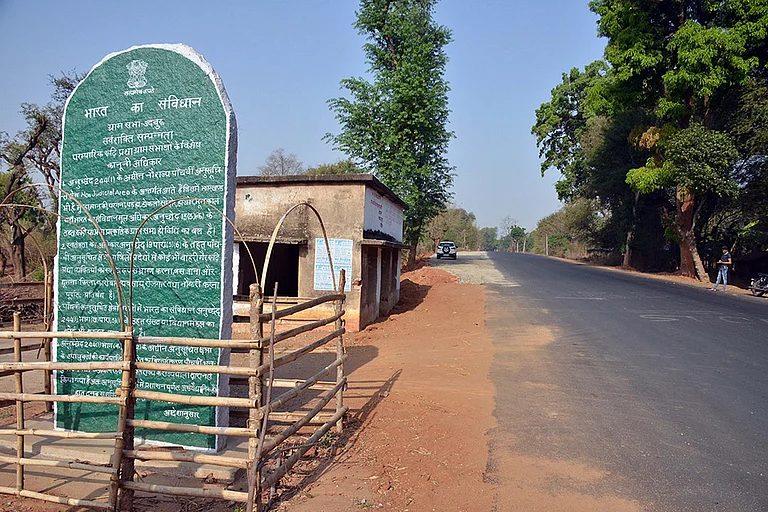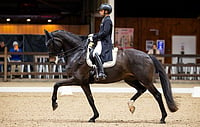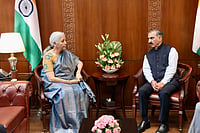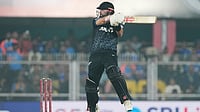The Bombay High Court on Tuesday set aside the life sentence of Delhi University professor G N Saibaba in an alleged Maoist links case, noting that the prosecution failed to prove the charges beyond a reasonable doubt.
The High Court bench of Justices Vinay Joshi and Valmiki SA Menezes overturned Saibaba's sentence terming the sanction for prosecution under the Unlawful Activities (Prevention) Act (UAPA) as "null and void."
The court highlighted the invalidity of the sanction procured under the UAPA, leading to the acquittal of all accused individuals and also remarked on the trial court's verdict saying that "violation of mandatory provisions of the law itself amounts to failure of justice".
The Maharashtra government faced a double blow as the High Court denied its plea to stay the execution of the order saying "stalling the order" will affect the right to personal liberty of an individual.
"We have already acquitted the accused and directed their release forthwith if not required in any other case. We cannot stall the said order, which may affect the right to personal liberty. We reject the application of stay," the court said.
The plea was moved by Advocate General Birendra Saraf, appearing for the government, informing the bench that an appeal against the high court judgment has been filed in the apex court this afternoon.
Saraf sought the high court to stay its judgment for a reasonable time.
The High Court order was almost similar to an earlier October 14, 2022, order of a different bench which had acquitted Saibaba with the same noting that the trial proceedings were "null and void" in the absence of a valid sanction under the UAPA.
In its detailed judgment, the High Court declared the prosecution's actions as flawed, stating a lack of evidence and legal seizure against the accused.
"The entire prosecution is vitiated on account of invalid sanction to prosecute all the accused. The trial held despite the violation of mandatory provisions of the law itself amounts to the failure of justice," the HC said.
Saibaba, who has been wheelchair-bound due to a physical disability, has been in custody at Nagpur Central Jail since his arrest in 2014.
"The prosecution has failed to prove beyond reasonable doubt the case against the accused persons," the court said, adding that "the prosecution has failed to establish any legal seizure or any incriminating material against the accused".
"The trial court judgment is not sustainable in the hands of law. We, therefore, allow the appeals and set aside the impugned judgment. All the accused stand acquitted," the bench said.
In March 2017, a sessions court in Maharashtra's Gadchiroli district convicted Saibaba and five others, including a journalist and a Jawaharlal Nehru University (JNU) student, for alleged Maoist links and for indulging in activities amounting to waging war against the country.
The trial court had held Saibaba and others guilty under various provisions of the UAPA and the Indian Penal Code.
On October 14, 2022, another bench of the HC acquitted Saibaba, noting the trial proceedings were "null and void" in the absence of a valid sanction under the UAPA.
The Maharashtra government on the same day approached the Supreme Court challenging the decision.
The apex court initially stayed the order and later in April 2023, set aside the HC order and directed it to hear the appeal filed by Saibaba afresh.
The earlier HC bench comprising Justices Rohit Deo and Anil Pansare, in its October 2022 judgment, said the sanction to prosecute under the UAPA was granted in 2014 against the five accused, who were arrested first, and then against Saibaba in 2015.
The bench had noted that in 2014, when the trial court took cognisance of the chargesheet filed by the prosecution, there was no sanction to prosecute Saibaba under the UAPA.
Justice Deo, who was due to retire in December 2025, tendered his resignation on August 4, 2023, citing personal reasons.







